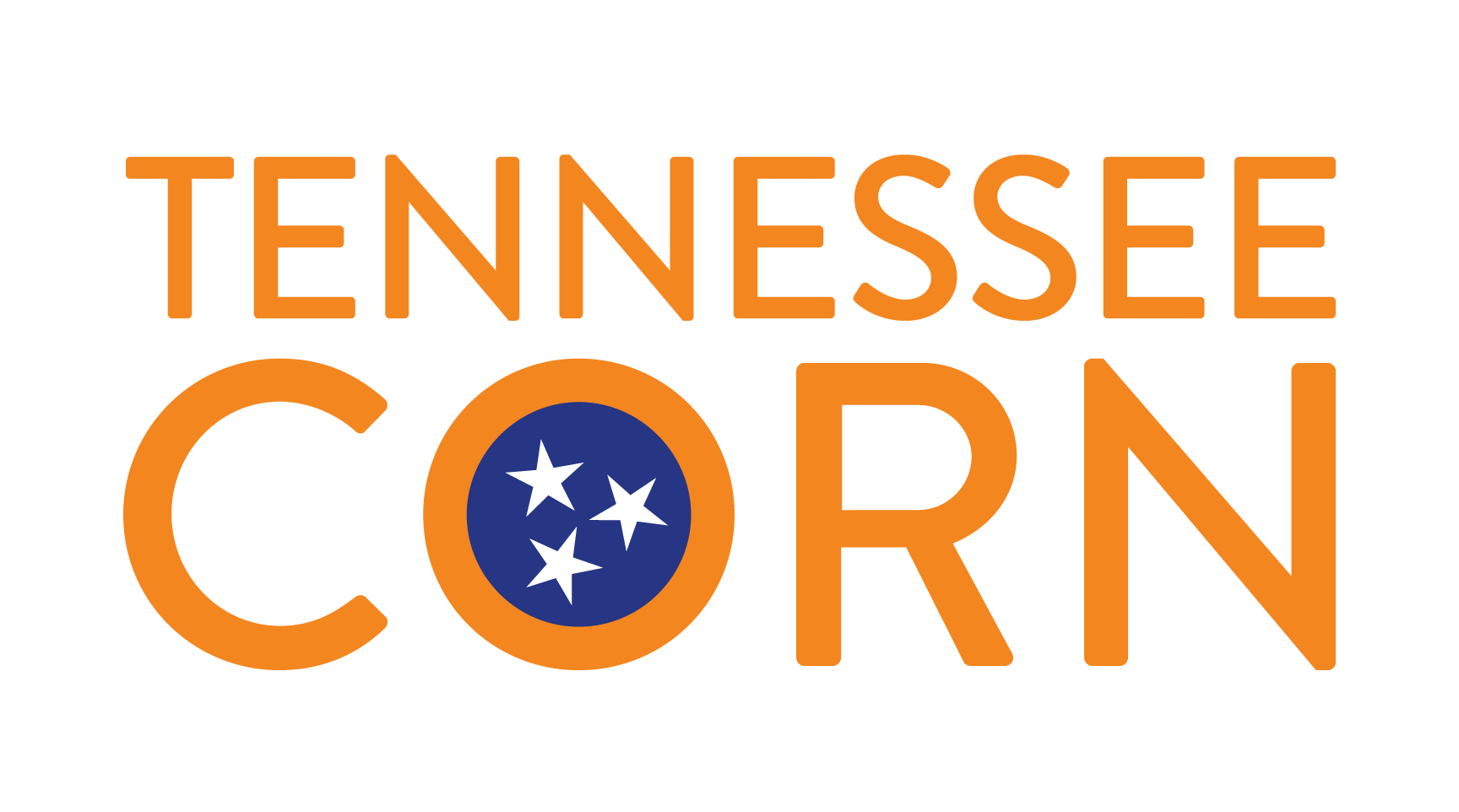Finding Answers and a Career in Corn
Always quick to pick up the phone, Dr. Angela McClure finds herself chatting with a county extension agent, talking about crops of course. She says it’s the best part of her job - working directly with agents and farmers on their crop production needs and concerns. Specialists like Dr. McClure work with agents to provide information to producers in more than 90 counties across the state of Tennessee.
Dr. McClure has always been driven to find answers to the challenges farming brings. In fact, most of her career has been dedicated to crop research so that producers can make more informed management decisions. But after 25 years of working in agronomy and production, Dr. McClure will be hanging up her “boots” on a successful career.
Before her work as the state extension corn and soybean specialist with the University of Tennesse for the past 20 years, Dr. McClure also taught agronomy at Southeast Missouri State University and worked for DuPont as a field research and development representative.
As a native of western Kentucky and growing up on a tobacco farm, Dr. McClure says she learned very early on to appreciate the dedication and effort involved in farming. This led her to pursue an education in agriculture, obtaining her master's degree in weed science from the University of Kentucky and her Ph.D. from the University of Tennessee.
Later in her career, Dr. McClure played an integral role in stewarding the Tennessee Corn Promotion Board.
“Angela has provided great support from the very beginning of the checkoff campaign,” says Mike Brundige, Tennessee Corn Promotion Board member. “The Board has been happy to invest in her practical and farmer-friendly research projects since funds have become available.”
As no stranger to checkoff programs, Dr. McClure knew firsthand just how valuable corn checkoff-sponsored projects could be.
“Before the checkoff passed, I could certainly see how corn checkoff programs benefited my colleagues in other states concerning research support,” says Dr. McClure. “Also being a state soybean specialist, I could recognize the impact the soybean checkoff program has had on this state, and the support for producers that is so important.”
To her delight, the corn checkoff was voted on in late 2018 and passed.
“The checkoff is so much more than dollars spent to support research,” explains Dr. McClure. “In just a few short years the corn checkoff has allowed for new corn markets such as distillers groups, encouraged local processing and uses of Tennessee grown corn, and has supported numerous applied research projects that benefit farmers through new technology and innovation.”
Applied research is Dr. McClure’s area of expertise. Amongst many accolades, Angela says that if she had to point to a tangible accomplishment she’s most proud of, it would be her work in developing UTCrops.com, a field crops website started in the early 2000s that has since flourished into a hub of information for Tennessee corn, soybean, wheat and cotton data.
Even with retirement on the horizon, Dr. McClure continues to delve into important research projects. This year, she’ll be wrapping up a multi-year project on nitrogen sidedress and delayed application to corn at different growth stages through an irrigation system. This work will be shared at upcoming meetings and in web publications.

